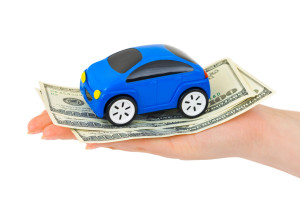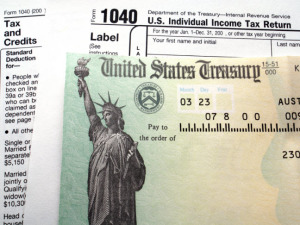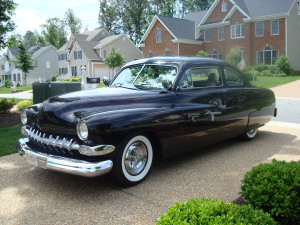Dear Liz: My son, 27, has a 2009 car that needs a new engine and is not running. The engine would cost $6,100 to replace, which is money he doesn’t have. He owes $10,000 on his car loan at 6% interest. The car would be worth only about $4,500 if it were running.
Should he sell the car to a junkyard for $200? Should he refinance the car loan for the remaining months he’ll make payments and also try to get the interest rate reduced?
He also wants to buy a 2016 car for around $18,900. He needs the car to get to work every day. Should he buy this car and have two car loans? Or should he look for an older car for now, until he gets the “upside-down” loan paid off?
Answer: It’s unfortunate that your son’s response to overspending on one car is to overspend on a replacement.
Let’s go over some basics of smart vehicle ownership. In general, we should avoid borrowing money to pay for assets that lose value — and a car is pretty much the definition of an asset that loses value. New cars depreciate by about 20% as soon as you drive them off the lot and lose roughly half their value in the first three years. The vast majority continue losing value until they’re sold for scrap. Only a handful of classic cars ever appreciate.
That means paying cash for cars is usually the smart move. Since most people can’t swing that, at least at first, the next best policy is to make large enough down payments so the cars we buy aren’t upside down, or worth less than what we owe.
When people are upside down on vehicles, the best practice is typically to “drive out” of their loans. That means continuing to make payments until they own the cars free and clear. Ideally, they would then keep the cars until they’ve saved enough to make substantial down payments on the replacement vehicles or buy a replacement outright.
Pouring more money into this particular car probably doesn’t make much sense. Your son probably won’t be able to refinance, since he has no equity in the vehicle. He might be able to roll the negative equity into a loan on a new car, but that would leave him in an even worse financial position: more deeply upside down and probably paying a higher interest rate.
Your son should consider getting a personal loan, perhaps from a credit union, to pay off the balance. Instead of spending nearly $20,000 on a 2-year-old replacement, he should aim to spend $3,000 to $5,000 on a good, reliable older car. If he can pay cash, great. If not, he should work to get both loans paid off as quickly as possible and start saving for the next car.
 Today’s top story: 5 ways to drive a car without owning one. Also in the news: Tax refund loans for early filers, the pros and cons of senior checking accounts, and the return of triple-digit interest rates on payday loans.
Today’s top story: 5 ways to drive a car without owning one. Also in the news: Tax refund loans for early filers, the pros and cons of senior checking accounts, and the return of triple-digit interest rates on payday loans. Today’s top story: Americans don’t know much about taxes – or that they might get them done for free. Also in the news: 19 ways to save on a wedding, why you shouldn’t buy a salvage title car, and 8 tax tips for people with disabilities (and their caregivers).
Today’s top story: Americans don’t know much about taxes – or that they might get them done for free. Also in the news: 19 ways to save on a wedding, why you shouldn’t buy a salvage title car, and 8 tax tips for people with disabilities (and their caregivers). If you’re struggling to make ends meet, your problem may not be too many lattes or dinners out. It may be sitting in your driveway.
If you’re struggling to make ends meet, your problem may not be too many lattes or dinners out. It may be sitting in your driveway.